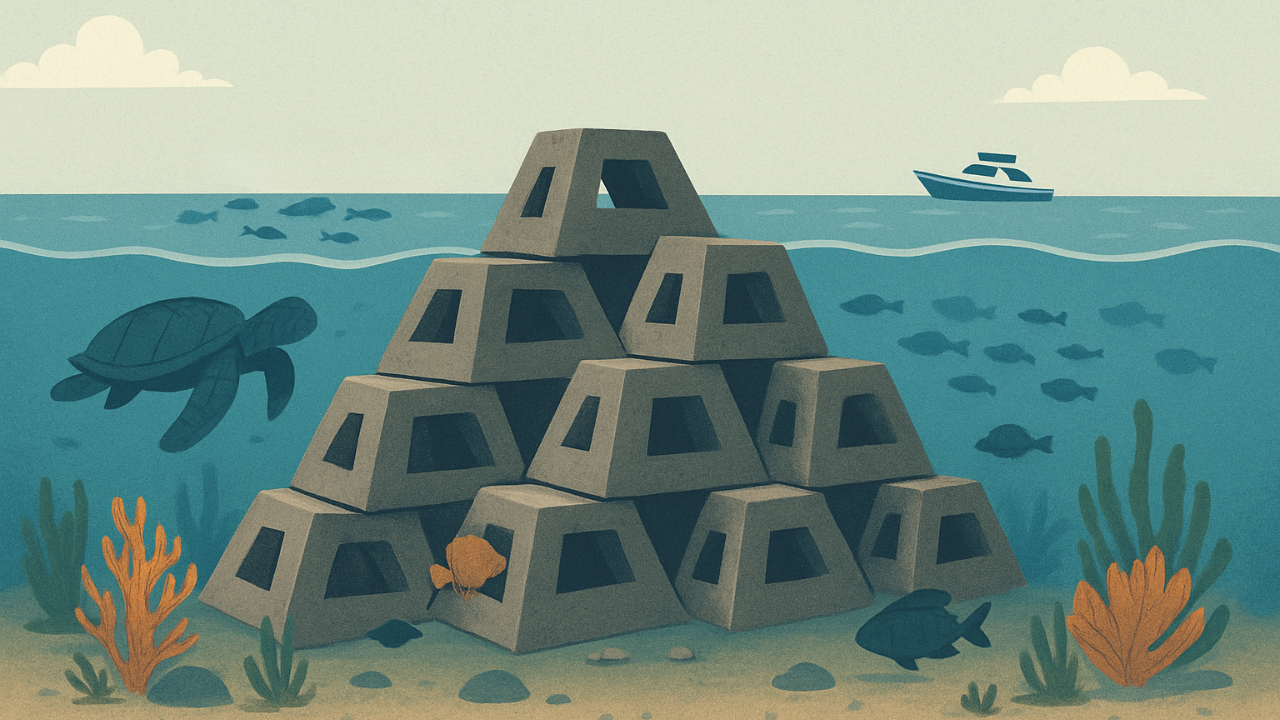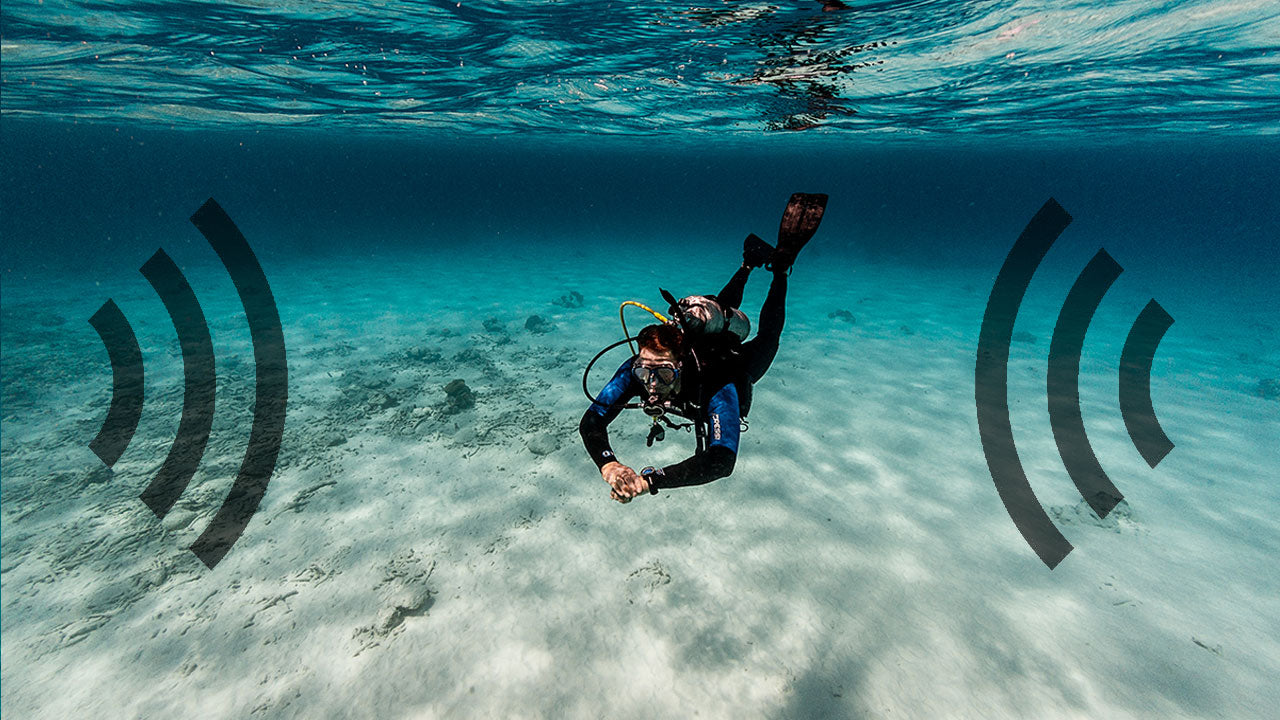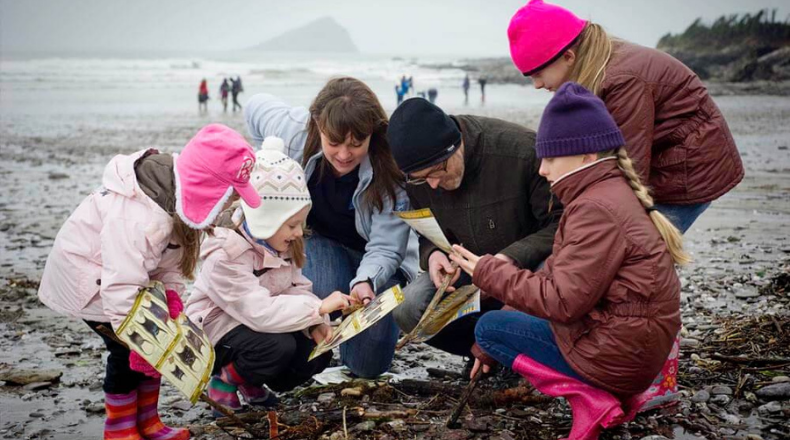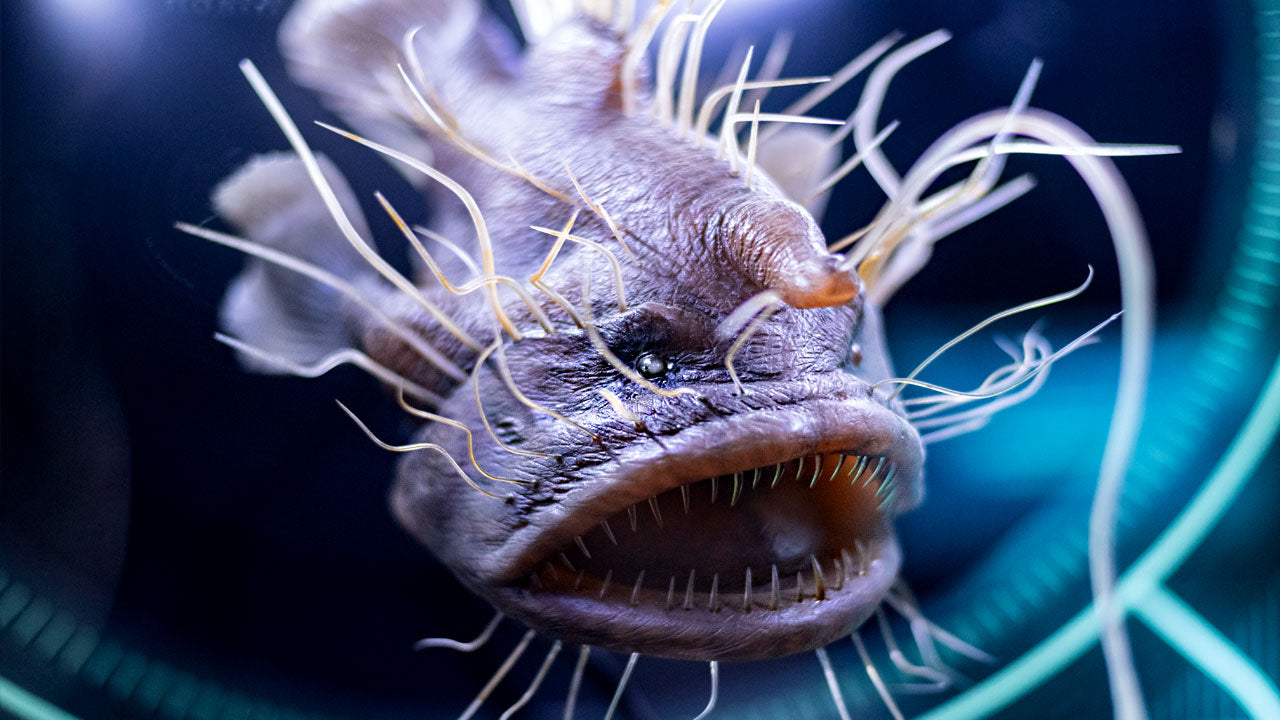Shark Trust’s Great Eggcase Hunt - a Unique Activity for This Easter

Instead of the traditional quest for chocolate treats, this Easter, consider taking part in an egg hunt with a difference. Join the Shark Trust’s annual event - the Great Eggcase Hunt and go exploring the beach in search of the washed-up egg cases of sharks, skates, and rays. The charity’s initiative is not just a fun day out for the whole family, but also a big citizen science project that helps marine animal conservation.
The initiative has started back in 2003 and since then over 300,000 eggcase records have been sent and 43 species recorded from 29 countries all over the world.
What Is an Eggcase?
Some species of sharks, and all true skates reproduce by laying eggs. The embryos are surrounded by tough leathery capsules, commonly known as “mermaid’s purses”, that protect them as they develop inside. Once the eggs are ready to hatch, the tops of the cases will open and fully formed sharks or skates will wriggle free. The capsules themselves often get washed up onto the shore offering a glimpse of the rich life below the waves and helping conservationists estimate where shark and skate populations are living and how abundant they are.
How to Take Part in an Eggcase Hunt?
In some areas, the Shark Trust and/or local marine conservation groups create organized eggcase hunt events, so it’s worth checking the Shark Trust’s website to see if there is one planned in your area. That being said, you can also just head to your nearest beach to see what you can find. The best places to search for egg cases are in the strandline where seaweed and debris wash up, and in sand dunes behind the beach, as they often get trapped in the grass. A good time to hunt is after stormy weather, as many will have been washed up in rough seas. When you find an eggcase, make sure to check if it’s definitely empty. In case there is a live embryo inside, pop the egg case back into the sea and try to weigh it down so it doesn’t wash ashore again.
Snorkellers and divers can also join in the hunt by recording their underwater egg case findings. Such records help pinpoint exactly where sharks and skates are laying their eggs and can help link to beach records. Learning the depth and substrate that they lay on also helps better understand the species.

Photo: Shark Trust
Identifying and Recording Your Finds
The egg cases of different species vary by size, shape, and color but the Shark Trust has created some identification resources and guides to help you determine which species the egg case belongs to. Once you have identified the egg case, you can head over to the Shark Trust’s Recording Hub and submit your finds.
Tips on Beach and Wildlife Safety
- Check tide times
- Use a stick to rummage in seaweed to avoid any nasty surprises
- Take care near the base of the cliffs
- Respect wildlife and habitats by following the Seashore Code and don’t take live animals home with you
- Consider doing a spot of beach cleaning while you’re there. It goes hand in hand with egg case hunting and is another great way to help with marine conservation!

Photo: Shark Trust
Easter Eggcase Hunt for Kids
In case you live far from the beach but still want to educate your kids about the aquatic life and marine conservation efforts, as well as create a fun and unusual activity for them, check out the Indoor Easter Eggcase Hunt, created by Shark Trust. You can find the eggcase characters here and the ID guide for kids here.
Header Photo: SG Haywood Photography/Shark Trust




